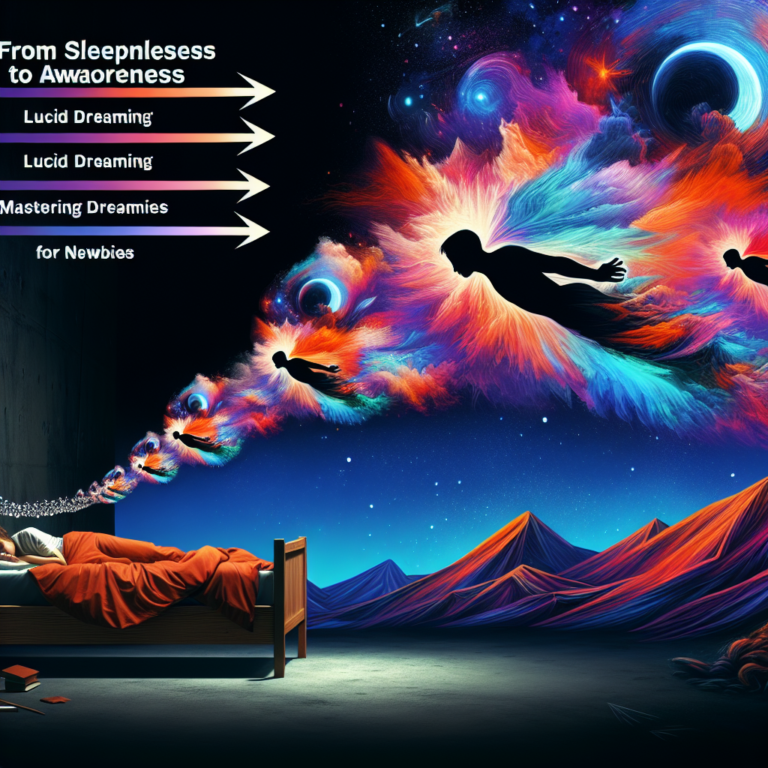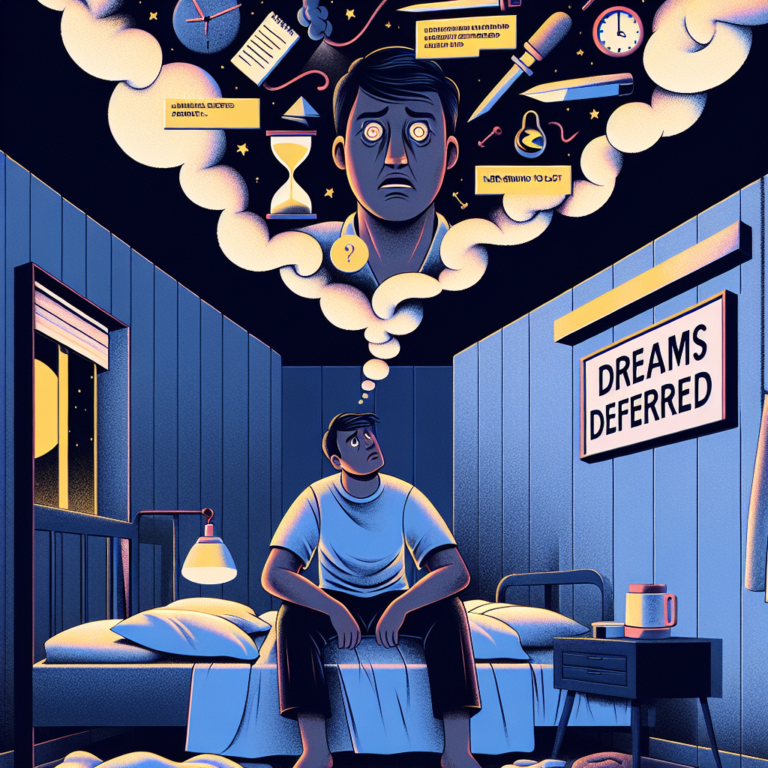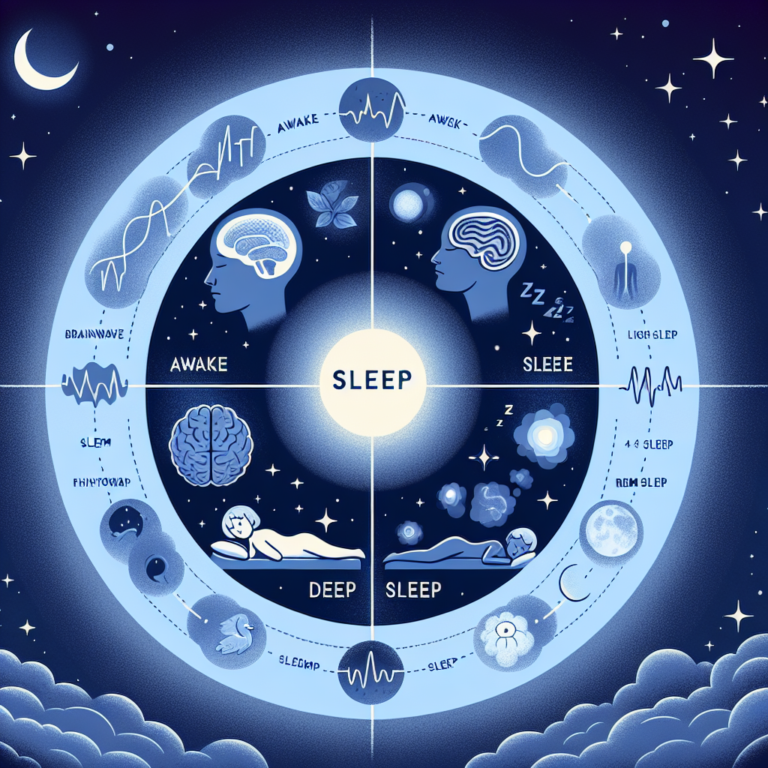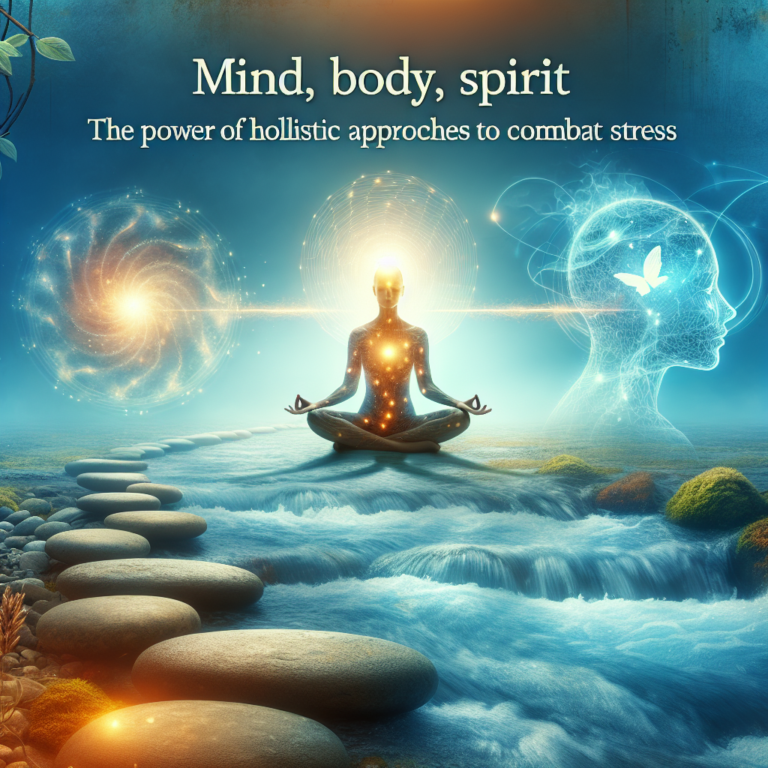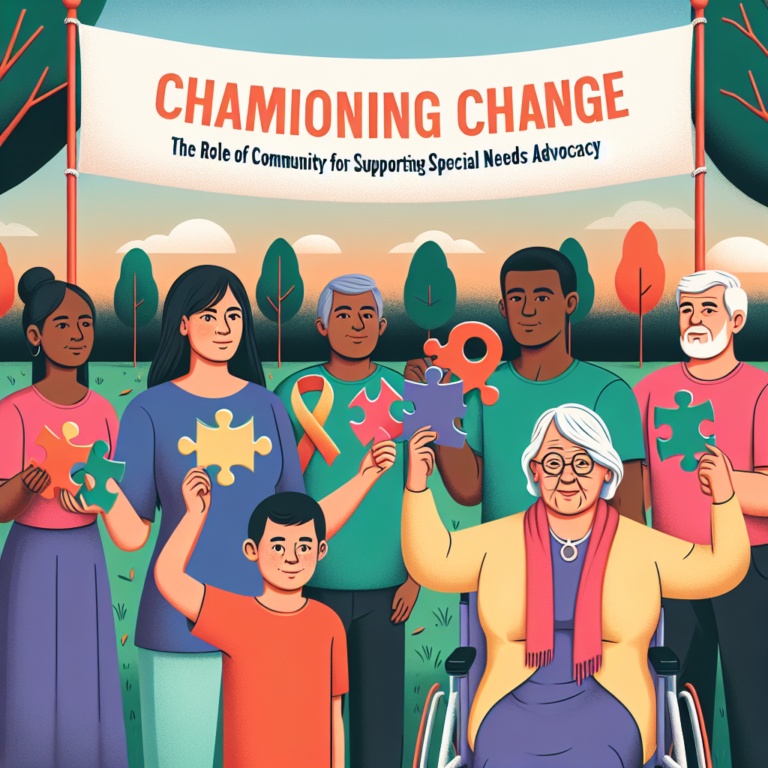
The Ripple Effect: How Chronic Stress Affects Your Body and Mind
Introduction
In our fast-paced world, the phrase "I’m stressed" has become nearly ubiquitous. But have we stopped to consider the profound impact this chronic stress has on our bodies and minds? The Ripple Effect: How Chronic Stress Affects Your Body and Mind is not just a catchy title—it encapsulates a truth that can transform our approach to health and wellness. Chronic stress influences not just one’s emotional state but has cascading effects that can lead to severe health problems. Understanding these impacts can motivate you to prioritize stress management in your daily life.
Imagine being able to navigate your daily challenges with resilience, free from the looming shadow of chronic stress. This article explores the various dimensions of stress, its physiological and psychological consequences, and most importantly, strategies for reclaiming your life from its grip.
The Stress Response: A Biological Overview
What is Stress?
Stress is a natural response to a perceived threat or challenge. The body reacts through a series of physiological processes known as the "fight or flight" response. While acute stress can be beneficial in short bursts, chronic stress can lead to detrimental effects that ripple through our lives.
The Stress Cycle
- Perceived Threat: Situations such as work deadlines, relationship issues, or financial strains trigger stress responses.
- Physical Response: Hormones like adrenaline and cortisol flood the bloodstream, preparing the body to respond.
- Health Consequences: When stress becomes chronic, the continuous presence of these hormones can lead to various health issues, including cardiovascular disease, digestive issues, and mental health disorders.
Table: Stress Responses vs. Health Effects
| Stress Response | Health Effect |
|---|---|
| Elevated heart rate | Increased risk of heart disease |
| Immune system suppression | Higher vulnerability to illness |
| Muscle tension | Chronic pain or discomfort |
| Gastrointestinal changes | Irritable bowel syndrome (IBS) |
The Ripple Effect: Physical Health Consequences
Chronic stress does not confine itself to the mind—it manifests physically in ways we often overlook.
Cardiovascular System
Chronic stress can lead to hypertension, heart disease, and even heart attacks. The connection is clear: elevated cortisol levels increase heart rate and blood pressure.
Case Study: The Impact of Stress on Heart Health
Research conducted at the Mayo Clinic examined patients with chronic stress and its link to heart-related issues. The study concluded that individuals under constant stress had a 40% higher risk of developing heart conditions compared to their less stressed counterparts. The ripple effect here is significant—this means that effectively managing stress can be a life-saving intervention.
Digestive Health
Chronic stress disrupts normal digestive functions, leading to problems like acid reflux, ulcers, and irritable bowel syndrome (IBS). Your gut is often referred to as your "second brain," and this connection is stronger than most realize.
Case Study: The Gut-Brain Connection
A study in the Journal of Gastroenterology revealed that individuals with chronic stress frequently reported gastrointestinal symptoms. The researchers suggested that managing stress could alleviate these symptoms, illustrating the direct connection between stress management and digestive health.
Immune System Suppression
Chronic stress undermines the immune system, making us more susceptible to infections and illnesses. You might notice that you catch colds more often when you’re stressed; this isn’t a coincidence.
Case Study: Stress and Immunity
A groundbreaking study published in Psychosomatic Medicine found that stressed individuals had reduced immune functioning, demonstrated by lower antibody responses to vaccinations. The findings support the idea that mitigating stress can improve health outcomes, emphasizing the ripple effect of stress management.
The Ripple Effect: Mental Health Consequences
Chronic stress doesn’t just impact physical health—it also takes a toll on mental well-being.
Anxiety and Depression
Stress and mental health are closely intertwined. Chronic stress is a significant risk factor for anxiety disorders and depression. The constant burden can lead to feeling overwhelmed, hopeless, and isolated.
Case Study: The Link Between Stress and Mental Health
Research from the American Psychological Association found that high levels of chronic stress significantly increase the risk of developing anxiety and depressive disorders. This insight highlights the urgency of addressing stress as a crucial factor in mental health.
Cognitive Function
Impact on cognitive abilities, such as memory and decision-making, is another consequence of chronic stress. Stress impacts the hippocampus—a critical area for memory consolidation.
Case Study: Stress’s Impact on Cognition
A study from Stanford University demonstrated that participants under chronic stress exhibited impairments in memory and concentration. The findings suggest that reducing stress could enhance cognitive function, showcasing yet another facet of the ripple effect.
Tools and Strategies for Managing Chronic Stress
Understanding the ripple effect is only the first step; proactive measures are essential for breaking the cycle of chronic stress.
Mindfulness and Meditation
Mindfulness practices like meditation, yoga, and deep breathing exercises can significantly reduce stress levels. These techniques focus on grounding yourself in the present moment, reducing anxiety about the future.
Physical Exercise
Regular physical activity is one of the most effective antidotes to stress. Whether it’s through structured workouts or simple daily activities, exercise triggers the release of endorphins, the body’s natural mood lifters.
Social Support
Cultivating strong relationships with friends and family can provide emotional support and practical help, buffering the effects of stress. Engaging in social activities can offer a distraction and elevate your mood.
Professional Help
Sometimes, stress can feel overwhelming. Don’t hesitate to seek professional help through counseling or therapy. Mental health professionals can offer strategies tailored to your specific needs.
Conclusion
The Ripple Effect: How Chronic Stress Affects Your Body and Mind is a critical aspect of our lives that often goes unaddressed. Chronic stress can lead to serious health issues, impacting not only your physical health but also your mental well-being. The good news is that understanding this effect empowers you to take action.
Prioritize stress management strategies in your life—whether through mindfulness practices, physical exercise, or building a support network. The journey to reclaim your well-being might not be easy, but it is undoubtedly worth it. Embrace the power to turn the tide against chronic stress and its ripple effects; a healthier, happier life awaits!
FAQs
1. What is chronic stress?
Chronic stress refers to a prolonged and constant sense of stress that negatively affects your health and well-being.
2. How can I identify if I have chronic stress?
Common signs of chronic stress include fatigue, irritability, anxiety, headaches, and digestive issues. If stress impacts your daily life, it may be chronic.
3. What are simple methods for managing stress?
Some simple stress management techniques include deep breathing, yoga, daily exercise, and establishing a healthy work-life balance.
4. How does stress affect sleep?
Chronic stress can lead to insomnia or disrupted sleep patterns due to racing thoughts and heightened anxiety.
5. Is it normal to experience stress regularly?
While stress is a natural response, chronic stress is not normal. If you frequently feel overwhelmed, it’s essential to seek support and implement stress-reduction strategies.
By understanding the profound impacts of stress, we can better navigate our health and well-being, breaking free from its cycle and cultivating a life filled with purpose and vitality. Remember, you have the power to influence the ripples of stress in your life—choose wisely!





